Moving circular plastic packaging forward. In a first and unique collaboration for the Personal Care industry, Clariant, Siegwerk, Borealis, and Beiersdorf are combining expertise to tackle the challenge of creating recyclable consumer packaging, based on 100% retrieved plastic packaging waste, for cosmetics applications. The pioneering initiative, named „Design4Circularity“, is providing innovations and insights for the different design aspects to encourage others to also follow design for circularity principles.
The cross-industry collaboration is targeting the achievement of truly circular packaging by incorporating full life cycle thinking in each development step, to create a new standard for the industry. Circular packaging supports reduced plastic waste, less use of new/virgin plastic material, and reduced climate impact, which are critical challenges facing our planet.
Richard Haldimann, Chief Technology and Sustainability Officer, Clariant, says: “This collaboration was possible because all participants are dedicated to circular economy, with company-wide programs and holistic understanding of the systems involved. Achieving circularity needs a complete shift in designing product packaging and packaging raw materials, considering sortability, recycling and packaging end-of-life.”
Second life for cosmetic bottles
Stefan Haep, Technology Head Brand Owner Collaboration at Siegwerk, adds: “Our initiative is a frontrunner in uniquely assessing circularity in every design parameter, from additives to bottle material to inks, mapping industry competencies, potential gaps, and feasibility proof points to open up viable, ultimately circular solutions.”
The mission was to design a packaging solution that creates a cleaner input waste stream and finds its way back into the loop in high-value applications. It should also allow for the high-quality visuals and distinctive shapes consumers associate with cosmetics packaging and brands.
First sorting trials in existing recycling infrastructure proved the sortability of the full body sleeved HDPE bottle, achieving a high recovery of the bottle’s material. Additionally, the project team conducted trials with full body sleeved, transparent PET bottles and achieved similar results.
Further advancements in sorting technology are needed to achieve the ultimate goal of circular economy to give colorless bottles a second life back in colorless applications retaining their highest value. Technologies such as digital watermarking or artificial intelligence could help such sustainability goals to be reached.
Source: Clariant
More packaging news
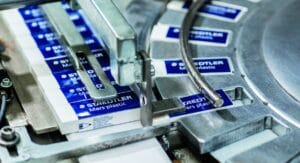
A contract with a handshake is valid
Managing director Tina Gerfer of Wilhelm Rasch Spezielmaschinenfabrik has modernized the company and successfully guided it through difficult times.
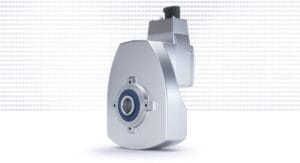
Asynchronous servo solutions for the packaging industry
From primary packaging to final packaging, electric drives play an important role. With a broad portfolio, Nord Drivesystems supports customers.
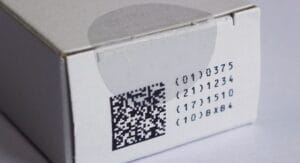
Label Durability
Labels offer many functions which can get lost due to label removal. PTS assesses labels and cardboard for durability and tamper evidence.
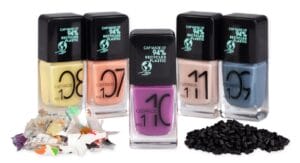
More design for recycling for cosmetics packaging
Packaging for decorative cosmetics is very special. The Forum Rezyklat calls for the recyclability of packaging to be taken into account when designing it.
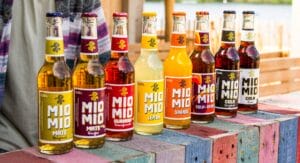
Innovation Barometer 2024
According to a survey conducted by Aktionsforum Glasverpackung 2024 is set to be a highly innovative year for glass packaging.
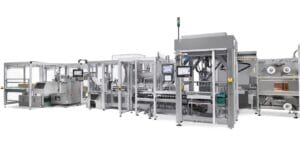
Flexible packaging system for natural cosmetics
Sustainability is part of Weleda’s identity. IWK is also contributing to this with its new flexible packaging line for many natural cosmetic products.



